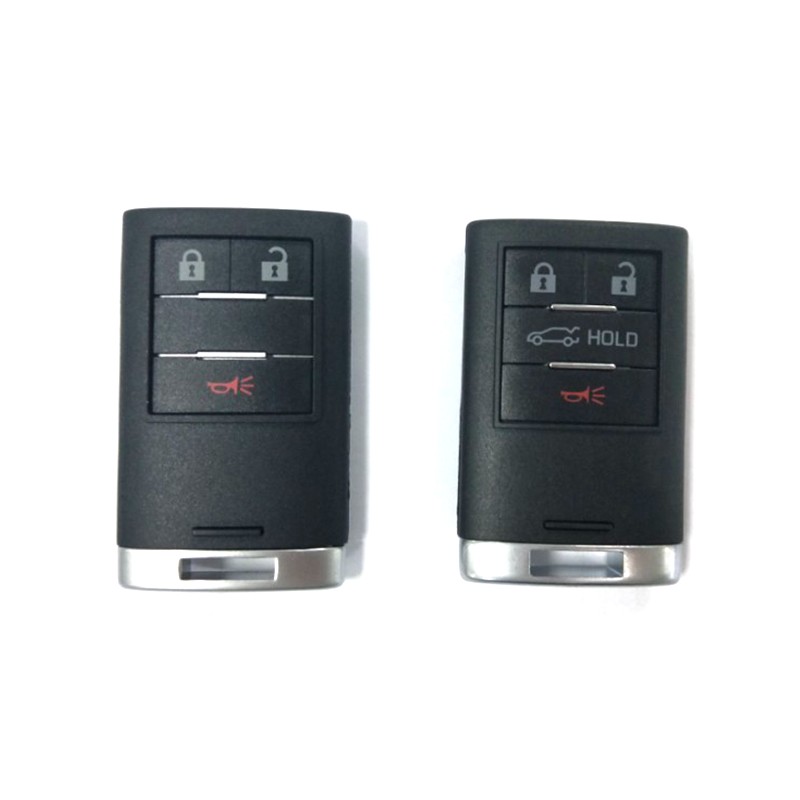Car key transponders have become a common feature in modern vehicles, providing an added layer of security and convenience. These electronic devices use a transponder chip to communicate with the vehicle's immobilizer system. While the technology offers numerous benefits, it's essential to understand what happens if the car key transponder battery dies. In this article, we will explore the effects of a dead transponder battery and discuss the steps to resolve the issue.

1. Loss of Key Functionality:
When the battery in a car key transponder dies, the transponder chip loses its power source. As a result, the key may no longer function properly. Attempting to start the vehicle using a key with a dead transponder battery will likely result in failure. The engine may not start, or the vehicle's immobilizer system may prevent ignition, leading to frustration and inconvenience.
2. Inability to Unlock or Lock the Vehicle:
Car key transponders often incorporate remote locking and unlocking features. When the transponder battery dies, these remote functions may cease to work. This means you won't be able to unlock or lock your car remotely, requiring you to use the physical key to gain access to the vehicle. This inconvenience can be particularly troublesome if you're accustomed to using the remote features regularly.
3. Resetting or Replacing the Transponder Battery:
Fortunately, resolving a dead transponder battery issue is relatively straightforward. In most cases, the transponder key can be opened to access the battery compartment. By replacing the battery with a new one, the transponder should regain its functionality. It's important to use the correct battery type and follow the manufacturer's instructions to ensure compatibility and proper installation.
4. Reprogramming the Transponder:
In some instances, simply replacing the battery may not restore the transponder's functionality. If the key still fails to communicate with the vehicle's immobilizer system, reprogramming may be necessary. Reprogramming involves synchronizing the transponder key's code with the vehicle's security system. This process typically requires specialized equipment and expertise, often necessitating a visit to an authorized dealership or a professional locksmith.
5. Seeking Professional Assistance:
If you're unsure about replacing the battery or need help reprogramming the transponder, it's advisable to seek professional assistance. Automotive locksmiths and authorized dealerships have the expertise and equipment to address transponder-related issues effectively. They can accurately diagnose the problem, replace the battery, and reprogram the key if needed, ensuring that it functions correctly.
Conclusion:
While a car key transponder battery dying can be inconvenient, it is a common issue that can be resolved with the right steps. Understanding the effects of a dead transponder battery empowers car owners to take appropriate action promptly. Whether it's replacing the battery or seeking professional assistance for reprogramming, addressing the issue ensures the continued functionality of the transponder key, maintaining the convenience and security it provides.

 Englishen
Englishen











 No.991 Xingxiu Road,Taiwanese Investment Zone, Quanzhou, Fujian Province,P.R.China
No.991 Xingxiu Road,Taiwanese Investment Zone, Quanzhou, Fujian Province,P.R.China +86 13960286508
+86 13960286508
 3D Reality Showroom
3D Reality Showroom
